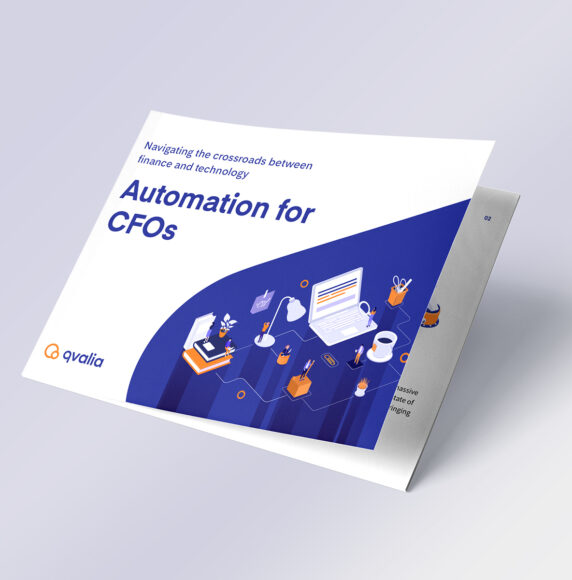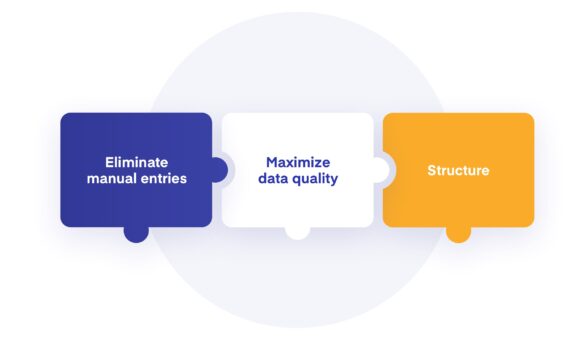Transactions, technologies and trends
Category: Process automation
Process automation in accounting and finance
Process automation, also known as robotic process automation (RPA), refers to the use of technology to execute repetitive tasks and workflows with minimal manual intervention. By streamlining routine processes, businesses can achieve enhanced efficiency, reduce errors, and focus human resources on strategic, value-driven activities. In accounting and finance, process automation has become a transformative force, enabling organizations to modernize operations and drive efficiency.
In financial operations, automating processes optimizes a variety of essential functions:
- Invoice processing: Automation systems can extract and validate data from invoices, reducing manual data entry and accelerating payment workflows.
- Expense management: Employee expense reporting and reimbursements are automated to ensure compliance with company policies and to streamline processing.
- Reconciliation: Automated reconciliation tools quickly match transactions and flag discrepancies for review, improving accuracy and efficiency.
- Financial reporting: Automation generates standardized financial reports, reducing manual effort and ensuring timely delivery of critical insights.
- Payroll management: Automated payroll systems calculate salaries, deductions, and taxes with precision, ensuring compliance and timely payments.
- Data management: Data entry and document organization are automated, minimizing errors and improving accessibility.
- Audit and compliance: Automation tools monitor transactions and records for adherence to regulations, reducing the risk of compliance breaches.
- Cash flow management: Automated tools analyze financial data to forecast cash flows and inform investment decisions.
- Workflow approvals: Approval workflows are streamlined to follow predefined rules, reducing delays and enhancing accountability.
- Document handling: Automation simplifies document storage, retrieval, and organization, ensuring information security and accessibility.
- Notifications: Automated notifications and reminders ensure that critical financial deadlines and tasks are met.
In accounting and finance, process automation is powered by technologies such as artificial intelligence, machine learning, and workflow management systems. These tools integrate seamlessly with existing enterprise resource planning (ERP) and financial systems, extending their capabilities while simplifying operational workflows.
Read more about financial process automation.

Automation of financial processes is on most finance teams’ radar nowadays. The benefits are too great to ignore, so what do you do as …

Digital transformation in finance is complex—but it might be more straightforward than you think to get started. Here are the building blocks of successful …

In need of inspiration on how to turn your digital transformation ideas into practice? Our new ebook Digital transformation for CFOs can help you with …

How can you turn your big finance transformation ideas and objectives into tangible solutions? What is your organization doing to implement finance automation across …

Automation in accounts payable is not only a means to increase short-term administrative productivity — it can potentially improve your long-term control. Better control …
